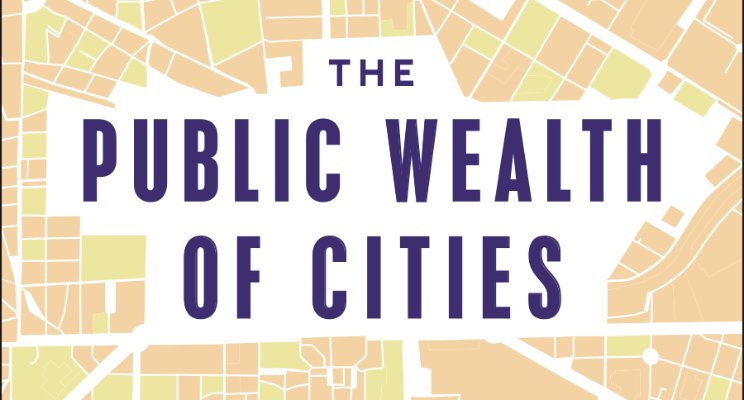The Public Wealth of Cities by Dag Detter and Stefan Fölster proposes a series of reforms to improve municipal finances. The authors lay out guidelines for creating urban wealth funds (UWFs) and argue that financial stability is key to societal success.
Detter and Fölster first call for basic financial competency. According to the authors, most cities don’t even know what they actually own. Real estate and equipment are often owned directly by individual departments with no central record to provide a bird’s eye view of a city’s assets as a whole. When this is the case, good asset management becomes impossible because no one knows what they’re managing.
The authors also point out the need for cities to decide what is and is not a commercial asset. Where administrators designate an asset as commercial, maximizing ROI should supersede all other objectives. That doesn’t mean everything a city owns has to be managed to turn a profit, but where a piece of real estate or a facility is meant generate income, it ought to be managed explicitly to that end.
Professional financial planning is Detter and Fölster’s third major prescription. They argue that cities should hire professional asset managers to oversee their portfolios and that these managers should be shielded from the democratic process. They go on to make a very public choice argument that elected officials have inappropriately short time horizons and that pressure to please constituents can lead to decisions at odds with the long term sustainability of municipal finances. After developing that line of reasoning, they provide Singapore as an example of a municipality that does this pretty well.
In terms of the ideas presented, I loved the book. It touches on the organizational challenges of getting municipal finance right while speaking to what execution has to look like as well. It also moves us beyond a discussion limited to taxation and into a conversation about how municipal authorities can claw back some of the value they create, the same as we’d expect any firm in the private sector to do; and in so doing, it offers sustainable ways to fund those functions that won’t make money, but that we’d like to see supported all the same.
On the flip side, the first couple chapters are a little repetitive. If I had to guess, I’d say the publisher was pushing for a minimum page count and the authors added some fluff. And, do remember, this is a book on municipal finance. If you don’t already geek out about topics like the institutional structure of the Hong Kong Metro Transit Railway Corporation…you might find it a little dry. Beyond that, though, it’s an informative read and well worth your time if you care about the nuts an bolts of municipal finance (and wouldn’t mind seeing the loose screws affixed a little more tightly).

